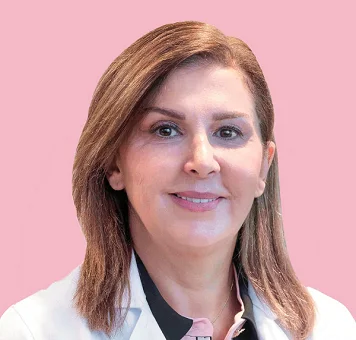Pregnancy cravings: what do they mean?
During the first trimester of pregnancy, a woman feels a series of different pregnancy symptoms, among these symptoms are pregnancy cravings. What are pregnancy cravings and what do they mean? Read on to find out.


Symptoms of the first trimester of pregnancy
- General Fatigue
- Increased Sleepiness
- Nausea and morning sickness
- Vomiting
- Over-sensitivity to certain smells
- Craving certain foods
There is a difference in how each woman experiences these symptoms, we can not generalize and say that all women have the exact same symptoms during the first trimester. Some of my patients ask me to check to make sure that they are actually pregnant, as they don’t have any pregnancy symptoms at all.
Some ladies have mild nausea and only have morning sickness, while others have severe nausea and vomiting that could cause dehydration, which sometimes requires hospital admission to have IV fluids administered.
There is no clear medical explanation for this difference in the severity of pregnancy symptoms among women. In some cases, genetics play a role, a woman can have a similar early pregnancy experience as her mother and sisters. Hormonal changes also have an impact on these symptoms. There is also a psychological aspect to this, some women have severe symptoms due to anxiety about the pregnancy because they are not prepared properly for the whole experience.
Pregnancy cravings
Pregnant women crave different foods, especially at the beginning of their pregnancy. Some women crave salty foods, others crave sour or sweet foods. These cravings are very similar to those women have before their periods. In fact, these cravings are not related to any fact about pregnancies, and there is no relation between the gender of the baby and what a pregnant woman craves, these are just old wives' tales that have no scientific ground.
It is noteworthy that these cravings are different from one culture to another. A pregnant lady in Japan would crave rice for example, while a lady in the Middle East would crave green cherries or strawberries when they are not in season.
In addition, the salivary glands are affected by the hormonal changes that happen during pregnancy, which have an effect on the sense of taste. This is why women would crave foods that have strong flavors to better feel their taste.
Hormones also affect the mood and the emotional state of the pregnant woman, so a woman starts craving certain foods that improve her mood, so it’s her asking for the food, not the baby as it is widely believed.
Pregnancy is for some women the break they need from counting calories and weight watching. So, they crave foods they usually abstain from to avoid weight gain.
Tips to overcome early pregnancy symptoms
The fact is there is not a single effective treatment for the early symptoms of pregnancy.
-In some cases where the woman is suffering from excessive vomiting, doctors prescribe anti-nausea and vomiting medications. It is imperative that these medications are taken only with a medical prescription by the doctor, women should never take medications while pregnant based on non-medical advice. In some cases where the vomiting is very severe, even medication cannot have an effect.
- Eating smaller meals throughout the day instead of a few big meals.
- Avoid spicy and oily foods.
- Eating certain foods that might ease nausea such as toasted bread and plain biscuits and certain jams.
- Try some natural remedies such as lemon or mint-infused water.
- Consult the doctor if symptoms persist to get the needed help and guidance.
Check out 10 Recent Discoveries in Prenatal Care






